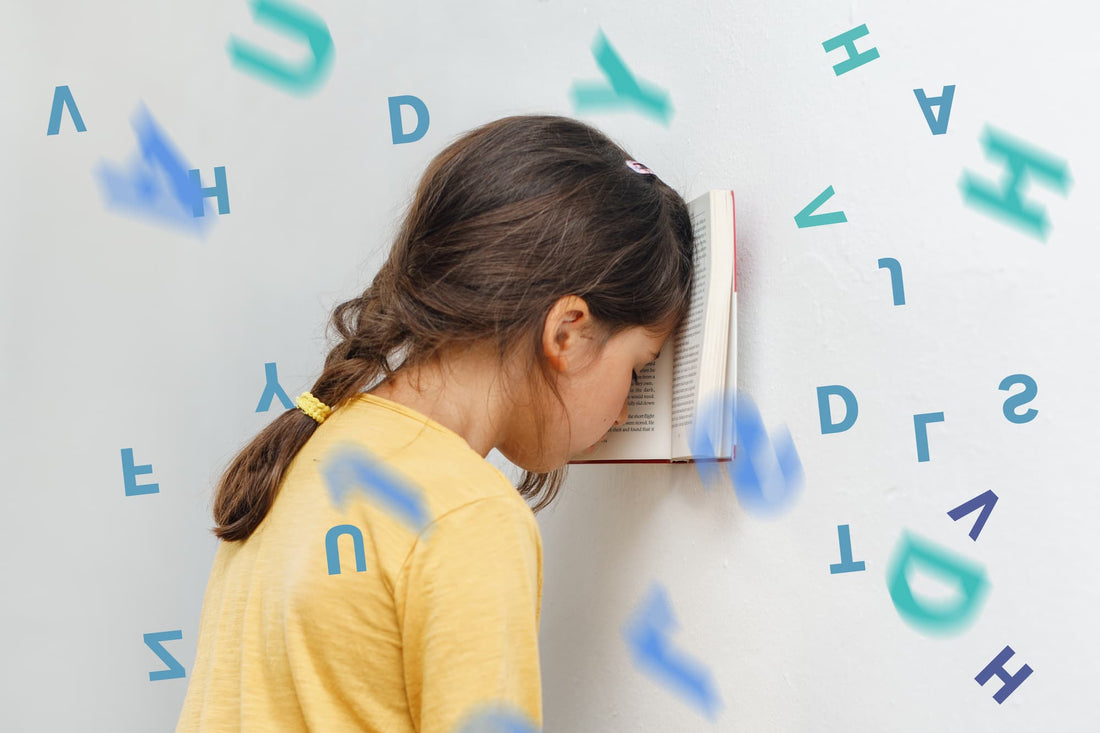As a parent, you want your child to have the best possible start in life. However, if your child has a learning difference such as dyslexia or ADHD, it can present unique challenges for both the child and the parent. Learning differences can affect a child's academic performance, social interactions, and emotional well-being. As a parent, it's important to understand what learning differences are, how they can affect your child, and what you can do to support your child's learning needs.
What are Learning Differences?
Learning differences refer to a wide range of conditions that affect how children learn and process information. They are also known as learning disabilities, learning disorders, or neurodivergence. Some of the most common learning differences include dyslexia, ADHD, dysgraphia, dyscalculia, and autism spectrum disorder.
Dyslexia is a condition that affects a person's ability to read, write, and spell. It is a language-based learning difference that can impact a child's ability to decode words, read fluently, and comprehend text. Children with dyslexia may struggle with phonics, recognizing words, and spelling.
ADHD is a condition that affects a child's ability to focus, pay attention, and control their impulses. Children with ADHD may have difficulty staying on task, following directions, and regulating their behavior.
Dysgraphia is a condition that affects a child's ability to write. Children with dysgraphia may have difficulty with fine motor skills, letter formation, and spacing.
Dyscalculia is a condition that affects a child's ability to understand and work with numbers. Children with dyscalculia may have difficulty with basic math concepts, such as counting, adding, and subtracting.
Autism spectrum disorder (ASD) is a condition that affects a child's ability to communicate, socialize, and form relationships. Children with ASD may have difficulty with social interactions, communication, and repetitive behaviors.
How Learning Differences Can Affect Children
Learning differences can affect children in a variety of ways. For example, children with dyslexia may struggle with reading, which can impact their academic performance and their self-esteem. Children with ADHD may have difficulty staying on task and following directions, which can lead to behavioral issues and poor academic performance.
Children with learning differences may also experience social and emotional challenges. For example, children with ASD may struggle to form friendships and understand social cues, which can lead to feelings of isolation and loneliness. Children with learning differences may also experience anxiety, depression, and low self-esteem due to their struggles in school and social situations.
What Parents Can Do to Support Their Children's Learning Needs
If your child has a learning difference, there are many things you can do to support their learning needs. Here are some tips to help you support your child:
-
Educate Yourself
One of the most important things you can do as a parent is to educate yourself about your child's learning difference. Learn as much as you can about the condition, including its symptoms, causes, and treatments. This can help you understand what your child is going through and how you can best support them.
-
Work with Your Child's Teachers
It's important to work closely with your child's teachers to ensure that they are receiving the support they need. Talk to your child's teachers about their learning difference and what accommodations and strategies can be put in place to help them succeed. This could include extra time on tests, assistive technology, or individualized instruction.
-
Provide Emotional Support
Children with learning differences may experience feelings of frustration, anxiety, and low self-esteem. It's important to provide emotional support and encouragement to help them overcome these challenges. Be patient with your child and help them develop a growth mindset by focusing ontheir strengths and successes, and encouraging them to persist in the face of challenges.
-
Advocate for Your Child
As a parent, it's important to be an advocate for your child. This could involve working with your child's school to ensure that they are receiving appropriate accommodations and support, or seeking out additional resources and support outside of school. You may also want to consider joining a support group or connecting with other parents of children with similar learning differences.
-
Focus on Strengths
While it's important to address your child's learning challenges, it's also important to focus on their strengths and interests. Encourage your child to pursue activities and hobbies that they enjoy, and help them develop their talents and skills. This can help boost their self-esteem and sense of accomplishment.
-
Promote Healthy Habits
Children with learning differences may be more prone to stress and anxiety, so it's important to promote healthy habits that can help them manage these feelings. This could include regular exercise, healthy eating, and stress-reduction techniques such as mindfulness or yoga.
-
Seek Professional Help
If your child is struggling with their learning difference, it may be helpful to seek professional help. This could include working with a psychologist, educational therapist, or tutor who specializes in working with children with learning differences. These professionals can provide individualized support and strategies to help your child succeed.
In conclusion, understanding and supporting children with learning differences is essential for helping them succeed in school and in life. By educating yourself, working with your child's teachers, providing emotional support, advocating for your child, focusing on strengths, promoting healthy habits, and seeking professional help when needed, you can help your child overcome the challenges of their learning difference and achieve their full potential. Remember, every child is unique and special in their own way, and with the right support and encouragement, they can achieve great things.

